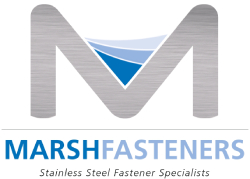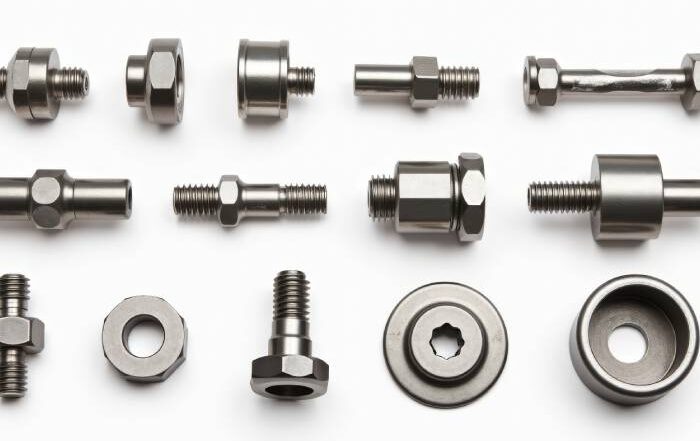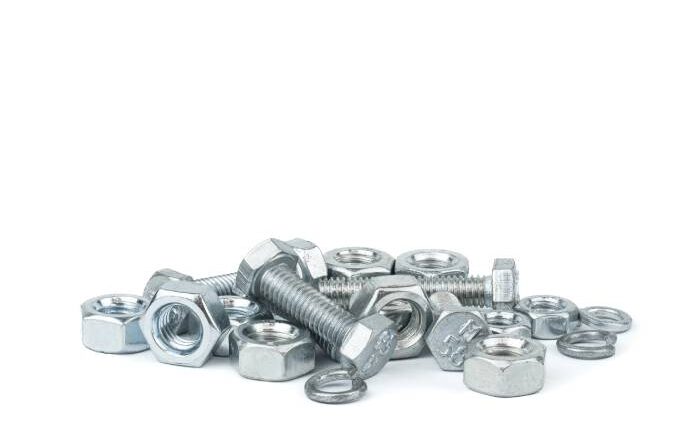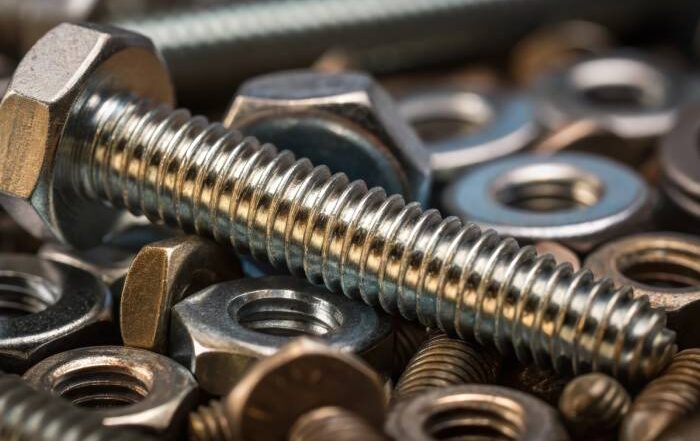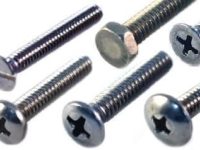
The corrosion of metals in a marine environment can cause huge economic loss – and even potential social harm. Imagine the leakage of toxic substances, which can not only cause environmental pollution, but also endanger people’s health. The sea is rich in highly corrosive natural electrolytes, therefore, most metals and alloys used in salt water will inevitably erode. Because of the harsh demands of marine environments, the equipment and parts used must provide superior corrosion resistance. It is for this reason that stainless steel and aluminum are the go-to metals most commonly used in the construction of yachts, marine structures, and fittings.
- Aluminum
A benefit of Aluminum is that it is light. However, it has limited corrosion resistance in seawater and it also requires significant maintenance.
- Stainless Steel
Stainless steel is recognized as the metal of choice in marine applications because of its excellent corrosion resistance, luster, strength, and stiffness. Keep in mind though, that stainless steel comes in varying grades, and that you should take note of the strengths and limitations of each grade to use it to its optimum potential. For instance, stainless steel grades 304, 316, and duplex steels can all be used in marine applications, with grade 304 (UNS S30400/S30403) stainless steel fittings proving adequate in many boating applications. However, the current industry standard is grade 316 (UNS S31600/S31603 – commonly termed “marine grade” stainless).
The following general rules apply:
- 304 may be used for fully exposed components, which are frequently washed with fresh water;
- 316 may be used for all hull and deck fitting applications above the water line;
- S31803 offers higher strength and, therefore, lighter weight components for the same applications as 316; and
- S32750 offers even higher strength and weight savings, and can handle all marine applications with no risk of corrosion even in tropical waters and hot, wet exhaust applications.
Pro Tip:
The buildup of salt encrustations, grease, and dirt allows corrosion to occur. So, if you want to improve the corrosion resistance of stainless steel, it is good practice to wash it down after use with clean water to remove any deposits on the surface.
Why Choose MarshFasteners?
For over 20 years MarshFasteners has been a leading source for stainless steel and marine grade fasteners and hardware. Contact us today for information on our excellent pricing and superior products.
